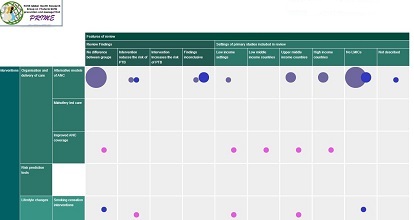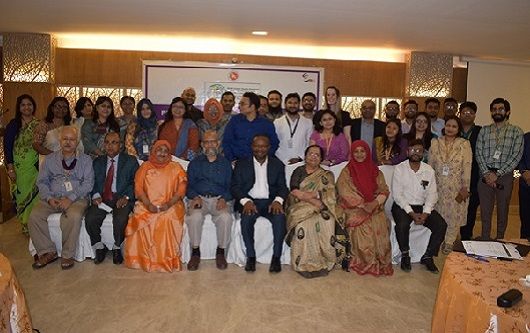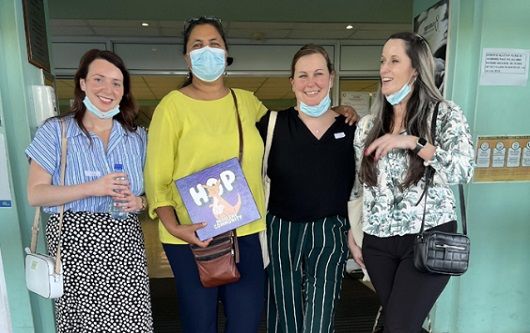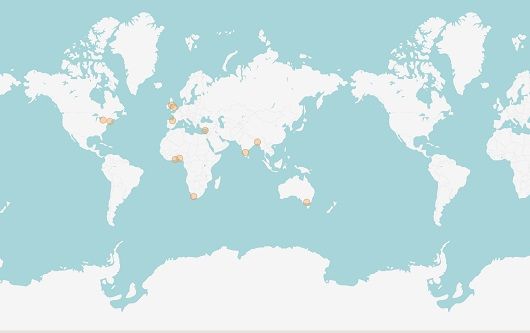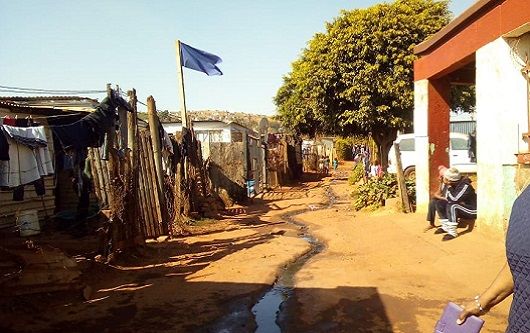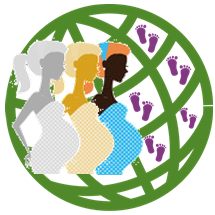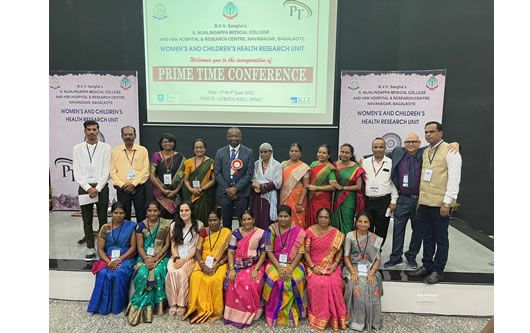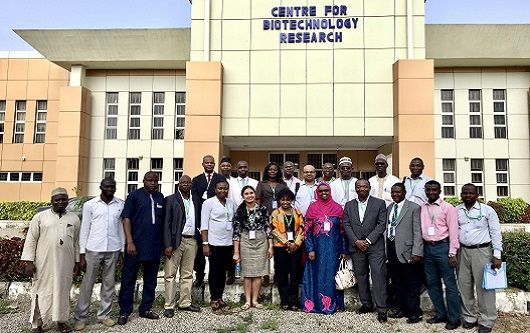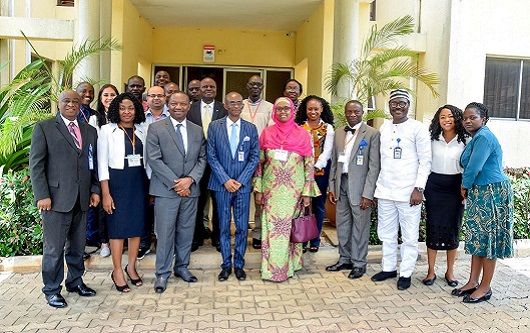Summary of primary work in Bangladesh focusing on adolescent health and preterm birth:
The University of Sheffield in collaboration with icddr,b in Bangladesh and with support from NIHR conducted an in-depth qualitative study to respond to challenges posed by preterm birth (PTB) in low- and middle-income countries (LMICs) as part of the project entitled NIHR Global Health Research Group on preterm birth prevention and management (PRIME). The research titled- "Experiences of caring for premature infants at home: an in-depth study among adolescent mothers in rural Bangladesh" was in response to work prioritised by key maternal and newborn health stakeholders in Bangladesh. Two stakeholder engagement workshops were conducted in Bangladesh (September and December 2018) to identify challenges for the prevention and management of PTB and corresponding research gaps. Stakeholders (policy makers, programme implementers, health care providers, donors and researchers) attending the workshops identified different potential areas for research and specifically highlighted the social and gender norms of early marriage in Bangladesh and particular concern for lack of information on the care and management practices of premature babies among this high-risk group. A significant concern for Bangladesh, as highlighted, was the high prevalence of adolescent fertility (28% of girls start childbearing by age 18)[1] and the associated negative consequences for the mother and infant including increased risks of PTB[2]. Bangladesh also has one of the highest incidences of PTB (603,698 babies were born prematurely in 2014 i.e., 19.1% of the total number of births)[3] accounting for 19% of all neonatal deaths in the country[4]. Despite these high numbers of adolescent pregnancies and PTBs in Bangladesh, there is a dearth of evidence documenting the experiences of adolescent mothers in caring for their preterm babies and little is known about the interventions needed to assist them.
The study was conducted in rural villages of Baliakandi sub-district of Bangladesh. Data collection involved in-depth interviews with adult and adolescent mothers of premature and term babies and their family members (n=36); focus group discussions with community members (n=5); and key informant interviews with health care providers (n=13). A thematic approach was used for data analysis.
We explored five major themes- perceptions and understanding of PTB; care practices for preterm newborns; care-seeking for illnesses; social support and coping strategies; and family planning practices. We observed gaps and variations in understanding of preterm birth and its causes particularly among the adolescents. Traditional care practices, use of multiple providers and delay in care-seeking from trained providers were prevalent for all sick preterm babies. Although, adolescent mothers expressed despair in caring for sick preterm babies, immediate natal and marital kins were prominent in their narratives as sources of emotional, instrumental and financial support. Adolescent girls had little knowledge and autonomy and the decision to use contraceptive methods and delay first pregnancy was greatly influenced by key family members. Birth spacing and use of contraception was more accepted after first birth. A combination of factors including local knowledge, socioeconomic status, gender roles and health systems factors influenced awareness of, and reactions to, PTB among mothers. Strategies to improve birth outcomes will require increased awareness among women and their families about PTB and improvement in quality of PTB services aimed specifically at adolescent mothers, as well as more generally, at health facilities.
Based on the findings of the in-depth study, the PRIME collaborative undertook another study to address the critical gaps in knowledge and awareness. The overall aim was to design, co-develop and pilot test the feasibility of implementing an intervention package to raise awareness regarding the prevention and management of preterm birth in rural Bangladesh. The study was implemented in two phases. In the first phase, an information package tailored to raise awareness regarding prevention and management of PTB was co-developed in consultation GoB policy makers, health care managers and service providers. In the second phase the information was pilot tested at selected health facilities and communities. In-depth interviews were conducted with service providers, health care managers and mothers: facilitators to implementation included strong commitment from policymakers and health care managers, well designed, structured, self-explanatory and easy to use information, education and communication materials whereas barriers identified were related to length and time of sessions, workload and training. The education intervention, after addressing the suggested barriers, could potentially be scaled-up at the facility and community level in rural Bangladesh.
At least two manuscripts are planned to highlight our work and findings. Findings were also disseminated during a close out conference in Bangladesh in May 2022.
Dhaka Dissemination for impact close-out workshop May 2022.
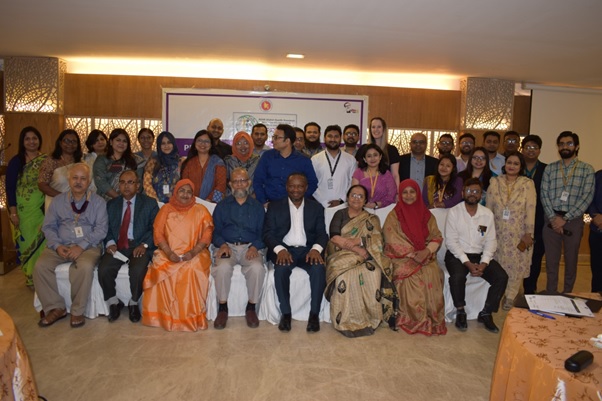
[1] Bangladesh Demographic and Health Survey 2017
[2] Bangladesh Maternal Mortality and Health Care Survey 2016
[3] Chawanpaiboon, S., Vogel, J.P., Moller, A.B., Lumbiganon, P., Petzold, M., Hogan, D., Landoulsi, S., Jampathong, N., Kongwattanakul, K., Laopaiboon, M. and Lewis, C., 2019. Global, regional, and national estimates of levels of preterm birth in 2014: a systematic review and modelling analysis. The Lancet Global Health, 7(1), pp.e37-e46.
[4] Bangladesh Demographic and Health Survey 2011

